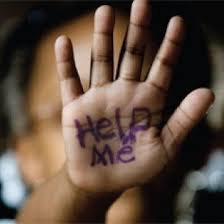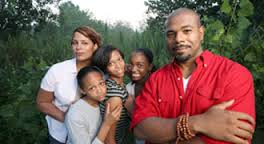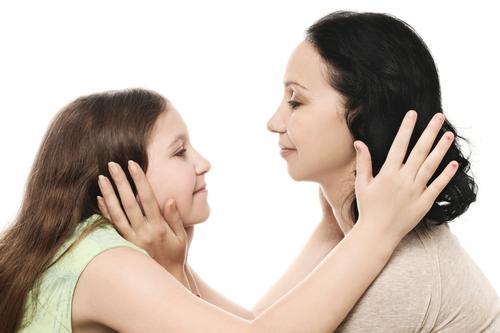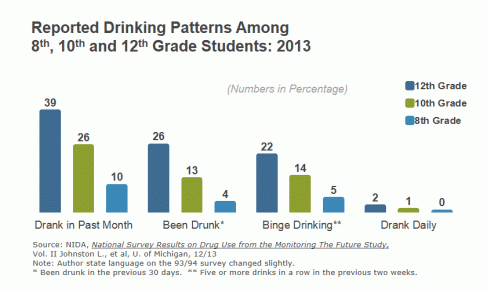We all have dreams for our children. It is good for us to share those dreams with them. Just as important is helping them to dream for themselves. Here are some tools o share with your child on having the life they dream of.
From a young age, others dream for us. Usually it’s well-meaning parents calling out future potential. Then teachers, coaches, pastors, and others in authority, cast their hopes for us. It becomes harder and harder to tell the difference between others dreams for us and our own dreams. Their dreams become ours.
The challenge with others dreams is that to see our dreams come to reality they must come from within. Chasing another’s dream for is can become a distraction from the life you truly desire. Here are 3 steps to dig out your dream:
1. Be alone with yourself
We must be alone with ourselves to turn off all of the voices except the one that is internal. In this busy society we must be intentional to make this happen. Technology is unrelenting and a constant distraction.The noise makes it impossible to see the bread crumbs of your passion, talents, and abilities. The other reason alone time is important is because we often bring others in too early in the process of evaluating our dreams. Alone time must be a constant to help refocus and reevaluate.
“We all have two choices; We can make a living or we can design a life.” – Jim Rohn
2. Write it down
Writing down and putting on paper our dreams, is a necessity. When a dream is written it reminds us of what is non-negotiable. There will be aspects of your dream that you will need to let go or change but there must be things that you won’t budge on no matter what. Writing helps us to distill the difference. Writing also serves as a place to go for hope. We will get discouraged along the journey and we will need to put fuel in our tank. Fuel comes to us be reconnecting with our vision. Put your dream in writing so that you will have an anchor to come back to.
3. Feedback
Feedback is a crucial step but a few words of caution. First, we shouldn’t get feedback too early in the process. Make sure that you are firm in where you stand. Second, be cautious of who gives you feedback and who you listen to. Many times we are excited about our dreams and share them with the wrong people. Find others that have been where you want to go and get their feedback. Find out what it takes to get there. They will prepare you for roadblocks, hurdles, and challenges along your journey. They will help you tweak your dream but remember certain parts of your dream must be concrete.
“This one step – choosing a goal and sticking to it – changes everything.” – Scott Reed
As you realign and recalibrate your preferred future, you will find a new found energy and passion. The road is long but it is worth it. Stay true to you and that inner cry. Skill can be learned, but the inner fire is what you want to cultivate. Be blessed on your journey.








